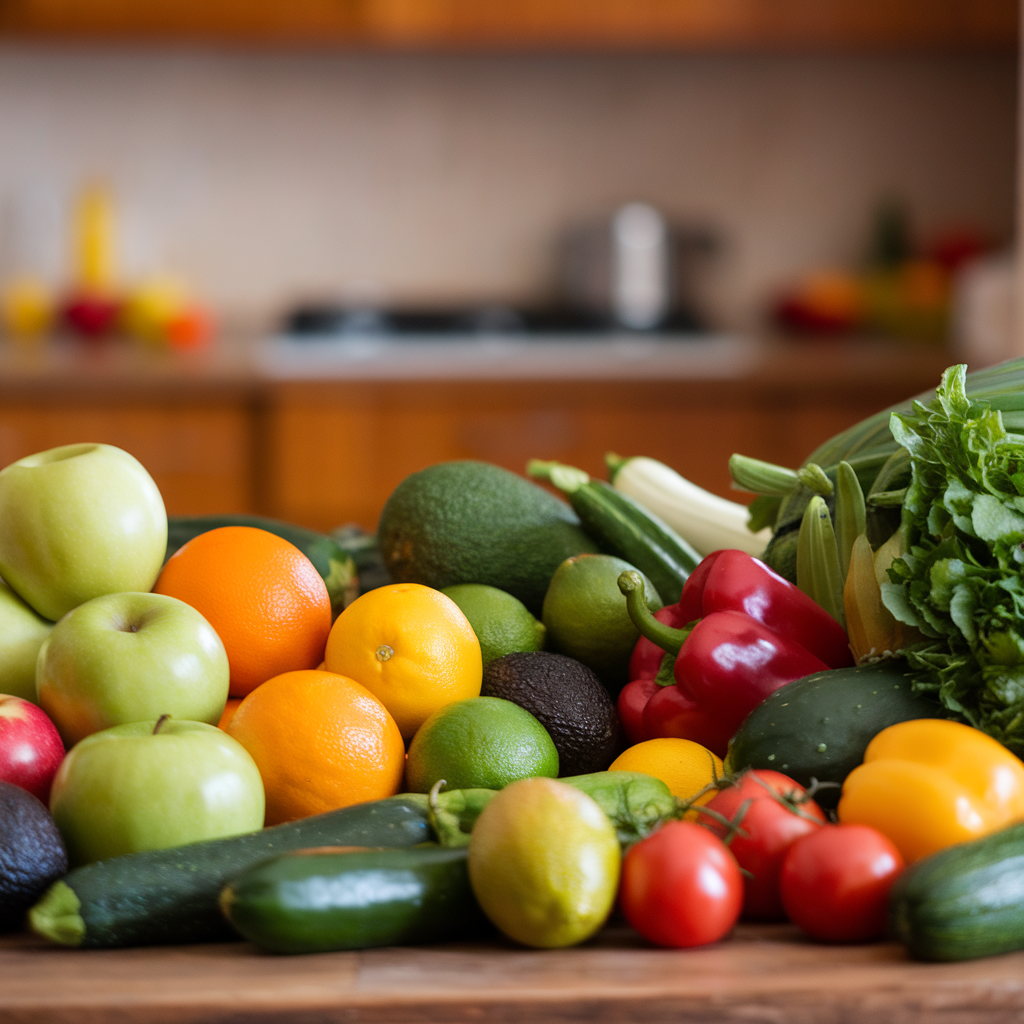Spicy food is undeniably delicious and tempting. However, frequent or excessive consumption can negatively impact the skin, often leading to breakouts. The primary reason spicy food can cause acne is its stimulation of the sebaceous glands, increasing oil production. Excess oil, combined with dirt and dead skin cells, can clog pores, creating a breeding ground for bacteria and ultimately leading to pimples. Many spicy dishes also contain sugar, oil, or preservatives that further increase the risk of skin inflammation.
Doctor Nguyen Anh Duy Tung from the Nutrihome Nutrition Center recommends several dietary and lifestyle adjustments. Spicy food enthusiasts should prioritize hydration, as these dishes can be dehydrating. Dehydration leads to dry skin, weakening its protective barrier and making it more susceptible to breakouts. Drinking water, herbal tea, or fresh fruit juices can replenish vitamins, minerals, and cleanse the body.
Including fresh vegetables and fruits in meals is crucial for digestive balance and helps reduce toxin buildup. Fiber-rich foods like leafy greens, lettuce, cucumber, and tomatoes soothe the digestive system, aid metabolism, eliminate harmful substances, and reduce skin inflammation caused by spicy food.
 |
Fresh vegetables and fruits contribute to digestive balance, reducing breakouts. Photo: Bao Tran |
Fresh vegetables and fruits contribute to digestive balance, reducing breakouts. Photo: Bao Tran
Individuals prone to breakouts or currently undergoing acne treatment should minimize spicy food in their daily diet. If indulging, pair it with cooling drinks like mung bean water, artichoke water, or refreshing dishes like lotus seed sweet soup or aloe vera to reduce body heat. Smaller, more frequent meals, rather than large portions of spicy food at once, can lessen the strain on the digestive system and skin.
Skincare is also essential. Regularly remove makeup and cleanse the face to eliminate excess oil and dirt, minimizing the risk of clogged pores. Use gentle cleansers for acne-prone skin and moisturize adequately to maintain balanced hydration. Avoid squeezing pimples at home, as this can cause further damage, infection, and even scarring.
Doctor Duy Tung emphasizes the importance of adequate sleep, regular exercise, and stress management for healthy skin and reducing breakout risks associated with spicy food. If breakouts persist, become widespread, or show unusual signs, consult a healthcare professional for appropriate diagnosis and treatment.
Regular nutritional checkups, body composition analysis with the InBody 770, and micronutrient testing using the UPLC high-performance liquid chromatography machine can identify any nutritional deficiencies or excesses. Based on the results, doctors can recommend personalized dietary plans, including vitamin and mineral supplements, to enhance overall health and prevent breakouts.
Bao Tran
| Readers can submit nutrition-related questions here for expert answers. |












